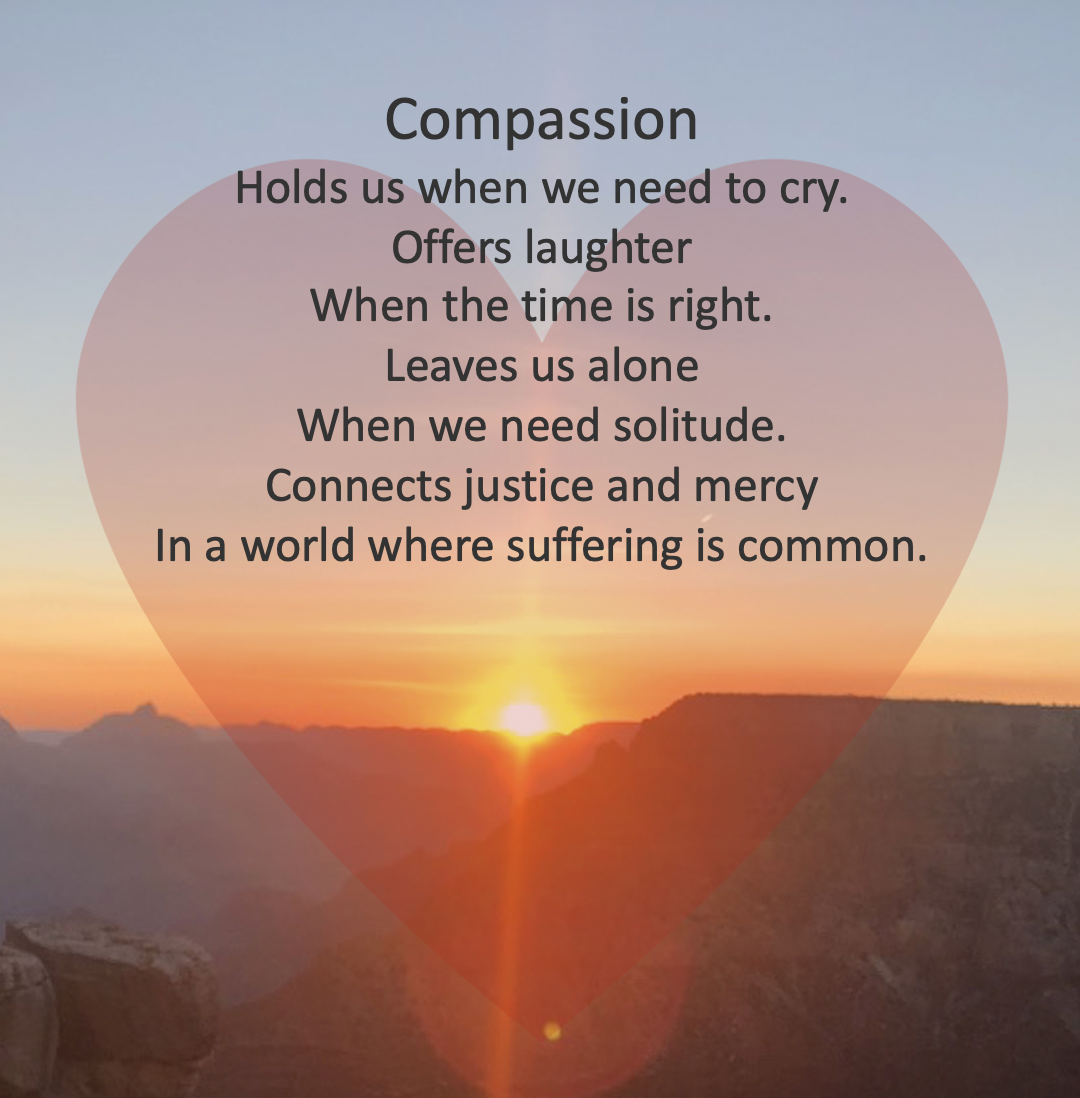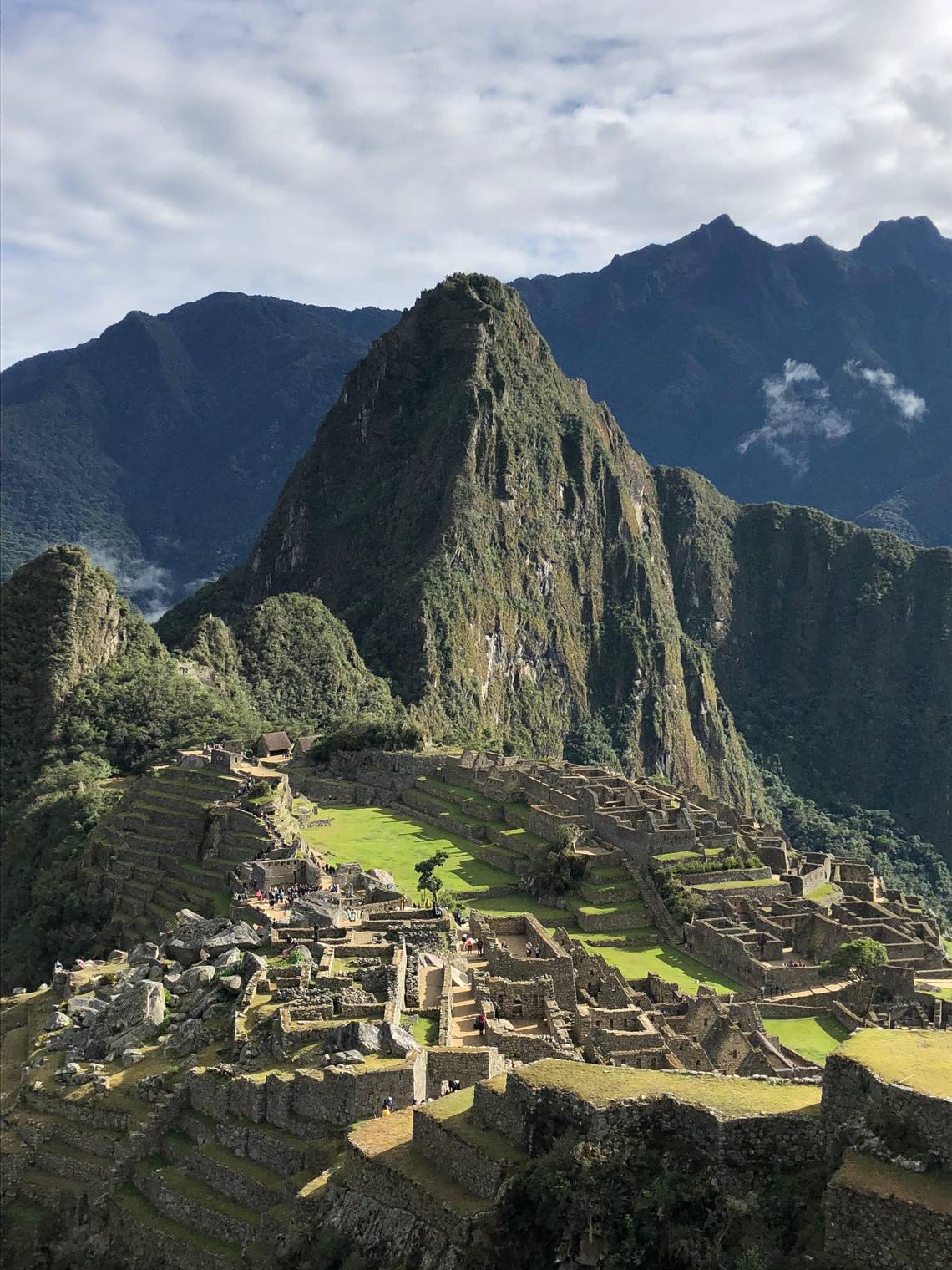Far from being fearful, the total eclipse inspires wonder, awe and humility
Last week’s solar eclipse shows us how far we have come in our understanding of nature. We now predict eclipses with precision. The calculations of modern astronomy are obviously superior to primitive superstitions that saw eclipses as omens or as the work of gods and demons.
Western philosophy and science are often traced back to the ancient sage Thales of Miletus, who was famous for predicting an eclipse in May 585 BCE. Some say that Thales was the first ancient star-gazer to correctly predict an eclipse. I doubt that. Ancient cultures carefully observed the sky. Thales likely learned astronomy from the Egyptians. Nonetheless, the ability to predict an eclipse was a sign of wisdom.
As the saying goes, “knowledge is power.” Understanding the causal story behind an event provides us with power. Broad understanding of nature creates a kind of mastery. And knowledge alleviates the anxiety of the unknown and uncanny. Knowing why things happen makes them less spooky. It also allows us to take action to avoid harm, generate benefits and gain control. This is the promise of science, mathematics and natural philosophy.
Despite this promise, it took centuries of cultural struggle for the scientific method to prevail. Religious institutions often resisted that change. The most famous case is the Inquisition of Galileo, which began on April 12, 1633.
Galileo defended the idea that the Earth moved around the sun — the heliocentric model of the universe. He based this on the astronomical calculations of Copernicus and his own observations of the heavens through telescopic lenses. But the religious dogma of the day held that the Earth was the center of the universe and that the other celestial bodies moved around our fixed world.
Galileo challenged that idea. But he was not an atheist. He thought that science helped elucidate the divine order of things. His scientific observations were meant to read the book of nature as a supplement to the holy book of Christianity. But Galileo’s heliocentric model called some of the Bible into question. Galileo lost his struggle with the church. He was forced to recant.
It took centuries of further development to come up with the present model of the cosmos. Today we know much more about our place in the universe. We know that our sun is one star among the billions in the Milky Way and that our galaxy is one among billions of galaxies. We also know that there are other planets orbiting distant stars. It is likely that eclipses happen on other planets as well, since there are other moons orbiting other planets, even in our own solar system.
And yet, there is something special about an eclipse as it occurs on Earth, since there is a kind of symmetry between the apparent size of the moon and the sun. If the moon were smaller or were farther away, there would be no such thing as a total eclipse. Nor would there be a total eclipse if the sun were larger.
Scientists predict that at some point the sun will grow larger and the moon will move farther away from the Earth. This means that at some point in the distant future, there will no longer be total eclipses on Earth.
That fact should inspire wonder, awe and humility. We are fortunate to live here now. On this planet at this time, our satellite and sun work together in a special way. Even if there are other planets out there with other moons, and other forms of intelligent life, total eclipses may be rare.
It is important to dwell in this kind of wonder and awe. Scientific knowledge shows us how privileged we are to be here, now. It reminds us how fragile our existence is. From this we might develop a kind of humility and insight.
Thales seemed to possess that kind of wisdom. He celebrated the unique beauty of the universe as a divine gift. He said that the mind is swift and powerful, since it is able to expand everywhere. And he claimed that time is the source of wisdom, since it brings everything to light. There are moments of darkness. But if we are patient, persistent and wise, the light may dawn.
Read more at: https://www.fresnobee.com/opinion/readers-opinion/article287610835.html#storylink=cpy






